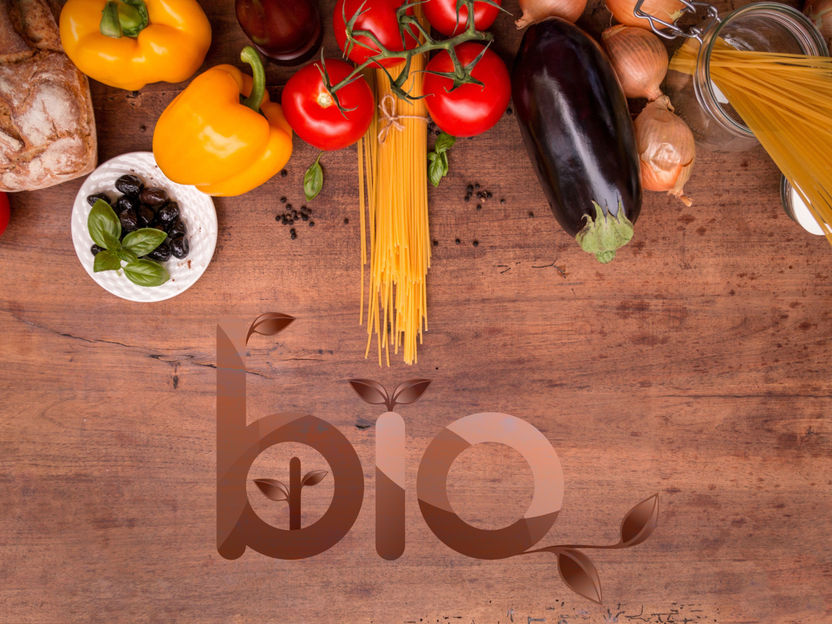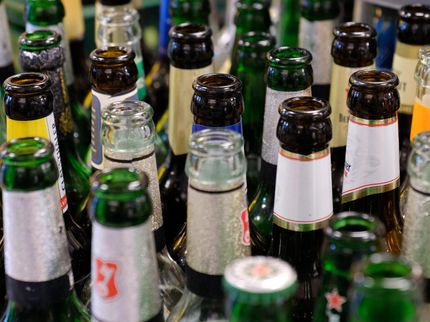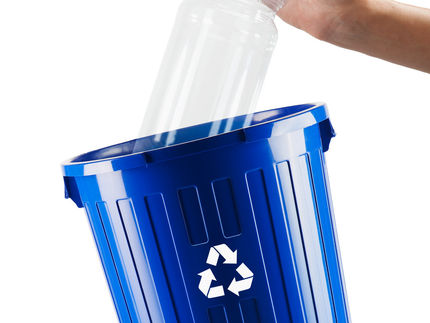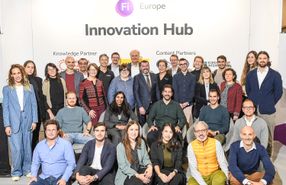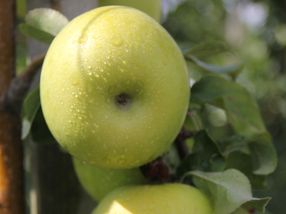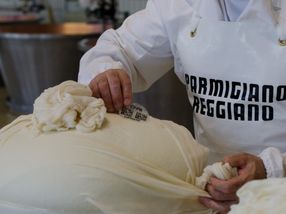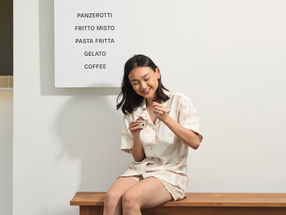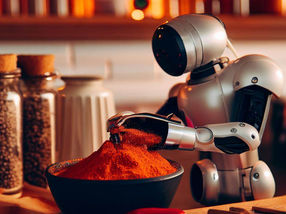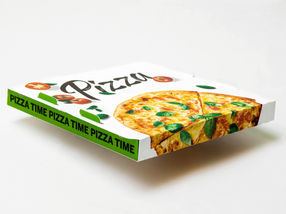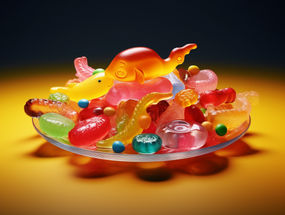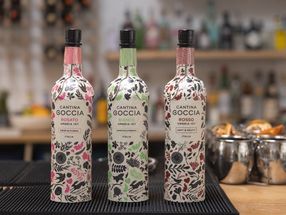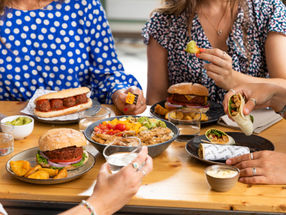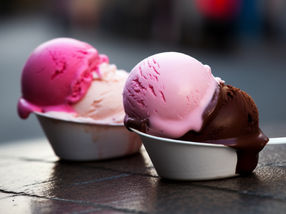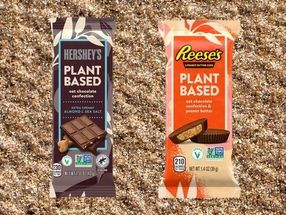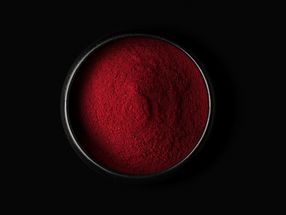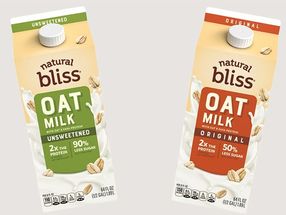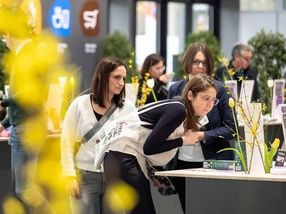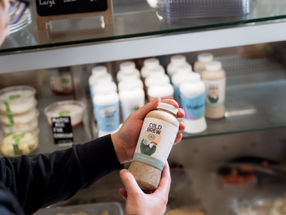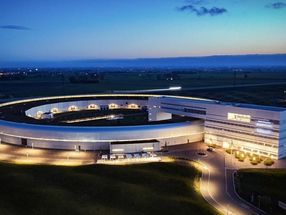Introducing a World-First: A Coke Bottle Made with Plastic from the Sea
Coca-Cola is unveiling the first ever sample bottle made using recovered and recycled marine plastics, demonstrating that, one day, even ocean debris could be used in recycled packaging for food or drinks. This sample is the first ever plastic bottle made using marine litter that has been successfully recycled and reused in food and drink packaging.
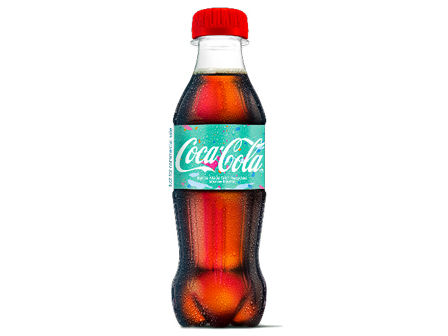
Breakthrough technology can transform low-quality plastic into high-quality food-grade packaging.
Coca-Cola
About 300 sample bottles have been produced using 25% recycled marine plastic[1], retrieved from the Mediterranean Sea and beaches. A small step for now, but the technology behind it has big potential.
Recycling the unrecyclable
The marine plastic bottle has been developed to show the transformational potential of revolutionary ‘enhanced recycling’ technologies, which can recycle previously used plastics of any quality back to the high-quality needed for food or drinks packaging.
Enhanced recycling technologies use innovative processes that break down the components of plastic and strip out impurities in lower-grade recyclables so they can be rebuilt as good as new. This means that lower-grade plastics that were often destined for incineration or landfill can now be given a new life. It also means more materials are available to make recycled content, reducing the amount of virgin PET needed from fossil fuels, and resulting in a lower carbon footprint.
The sample bottle is the result of a partnership between Ioniqa Technologies, Indorama Ventures, Mares Circulares (Circular Seas) and The Coca-Cola Company. Although enhanced recycling is still in its infancy, the partners produced the sample marine plastic bottle as a proof of concept for what the technology may achieve in time.
In the immediate term, enhanced recycling will be introduced at commercial scale using waste streams from existing recyclers, including previously unrecyclable plastics and lower-quality recyclables. From 2020, Coca-Cola plans to roll out this enhanced recycled content in some of its bottles.
Working toward zero waste
Bruno van Gompel, Technical and Supply Chain Director, Coca-Cola Western Europe, says the potential for the technology is huge: “Enhanced recycling technologies are enormously exciting, not just for us but for industry and society at large. They accelerate the prospect of a closed-loop economy for plastic, which is why we are investing behind them. As these begin to scale, we will see all kinds of used plastics returned, as good as new, not just once but again and again, diverting waste streams from incineration and landfill.”
Tonnis Hooghoudt, CEO of Ioniqa Technologies, the Dutch company that developed the proprietary enhanced recycling technology, says: “The impact of enhanced recycling will be felt on a global scale: by working with Coca-Cola and Indorama to produce this bottle, we aim to show what this technology can deliver. Our new plant is now operational and we are bringing this technology to scale. In doing so, we aim to eliminate the concept of single use plastic and plastic waste altogether.”
[1] Final recycled marine plastic content in the bottle will vary post production, between 20-25%.
Most read news
Other news from the department research and development

Get the food & beverage industry in your inbox
By submitting this form you agree that LUMITOS AG will send you the newsletter(s) selected above by email. Your data will not be passed on to third parties. Your data will be stored and processed in accordance with our data protection regulations. LUMITOS may contact you by email for the purpose of advertising or market and opinion surveys. You can revoke your consent at any time without giving reasons to LUMITOS AG, Ernst-Augustin-Str. 2, 12489 Berlin, Germany or by e-mail at revoke@lumitos.com with effect for the future. In addition, each email contains a link to unsubscribe from the corresponding newsletter.
Most read news
More news from our other portals
Last viewed contents
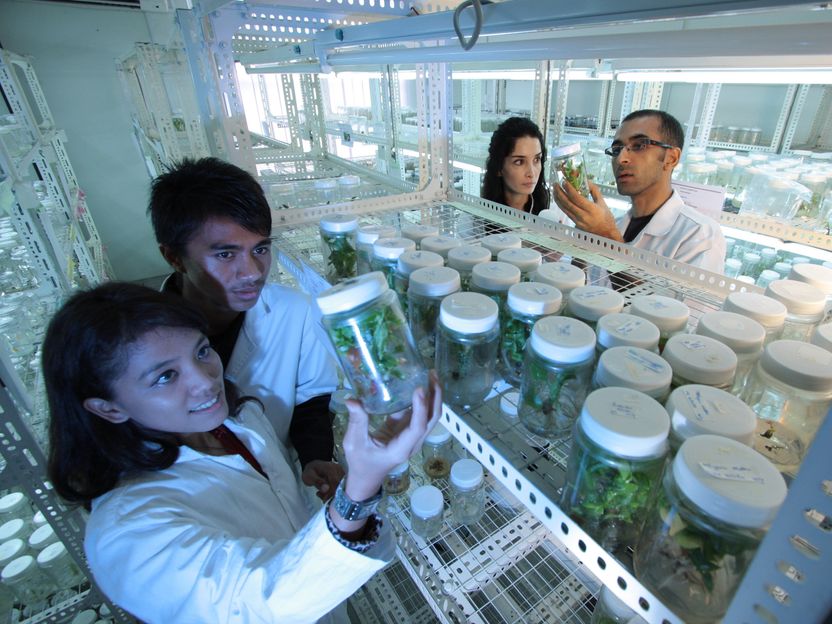
Modern Food Biotechnology: Germany and China Pursue Joint Research Plans
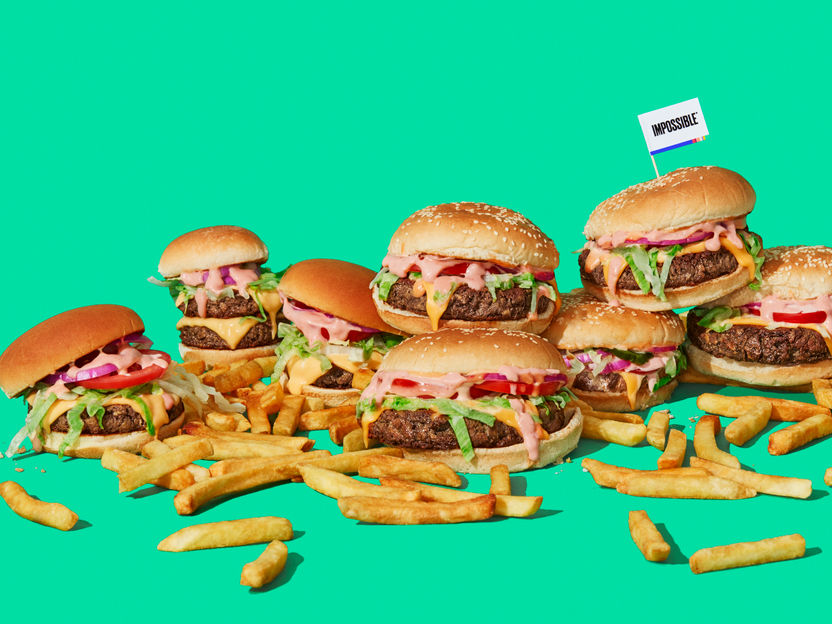
Impossible Foods Closes $200 Million In New Funding To Accelerate Growth - Impossible Foods will use the latest investment round to continue the expansion of R&D, product development, international operations and other core functions
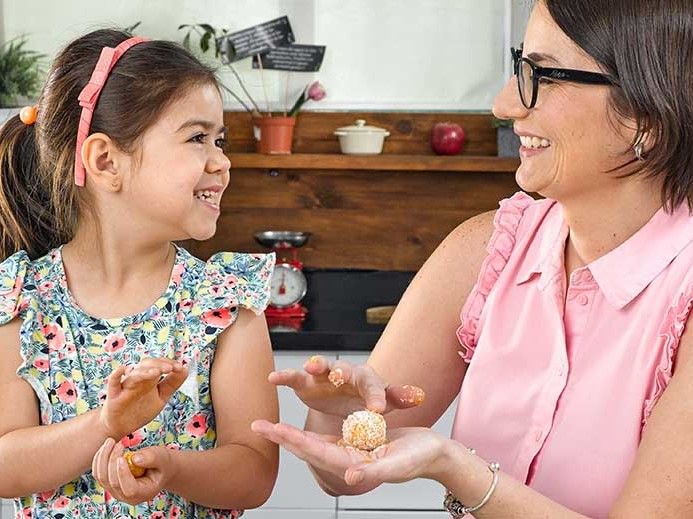
Nestlé tops Access to Nutrition Index, improves healthfulness of products
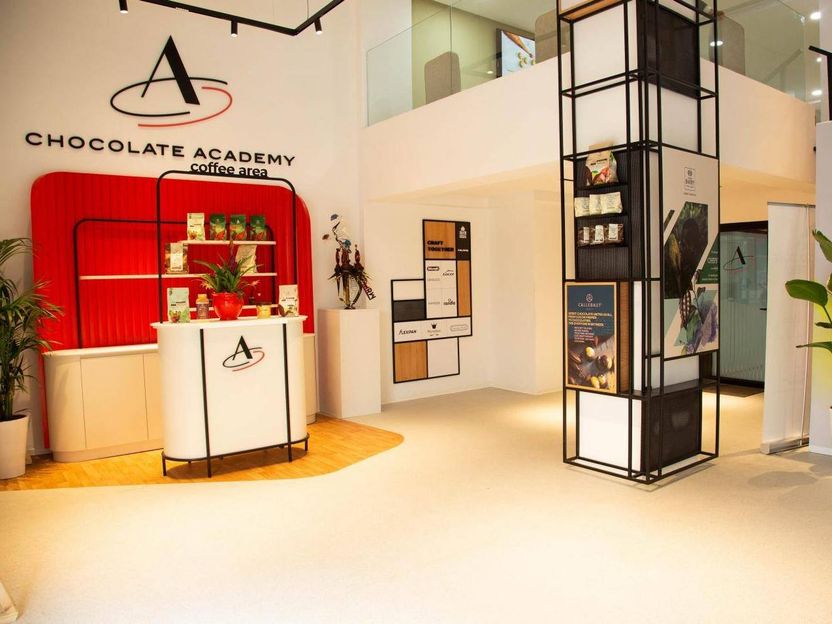
Barry Callebaut opens new CHOCOLATE ACADEMY™ Center in Casablanca, Morocco - Bringing chocolate expertise to the growing North African market
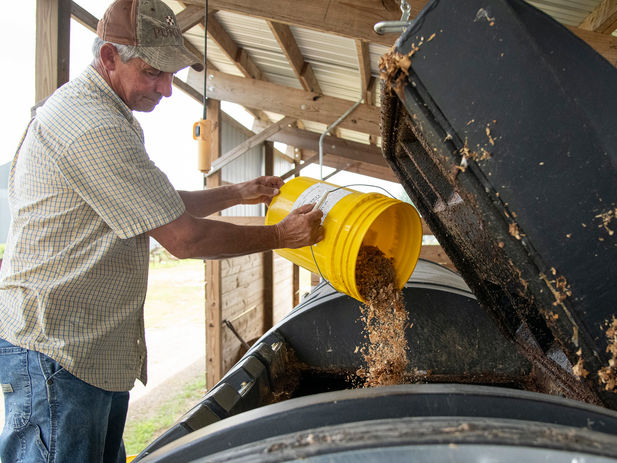
Vermont’s pioneering food waste laws are popular, but vexing issues remain - New research on Vermont’s first-in-the-nation food waste law and single-use plastics ban identifies areas for improvement
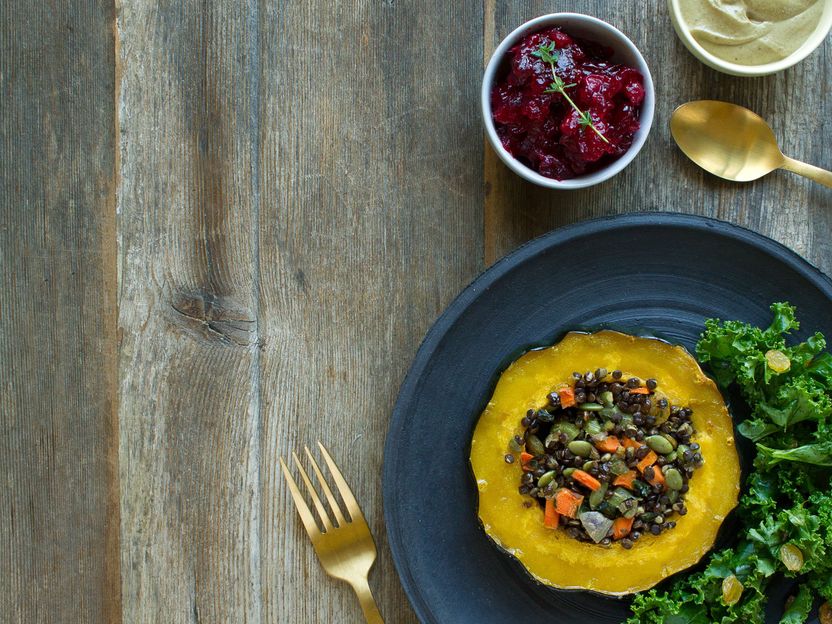
Plant-based push: UK sales of meat-free foods shoot up 40% between 2014-19
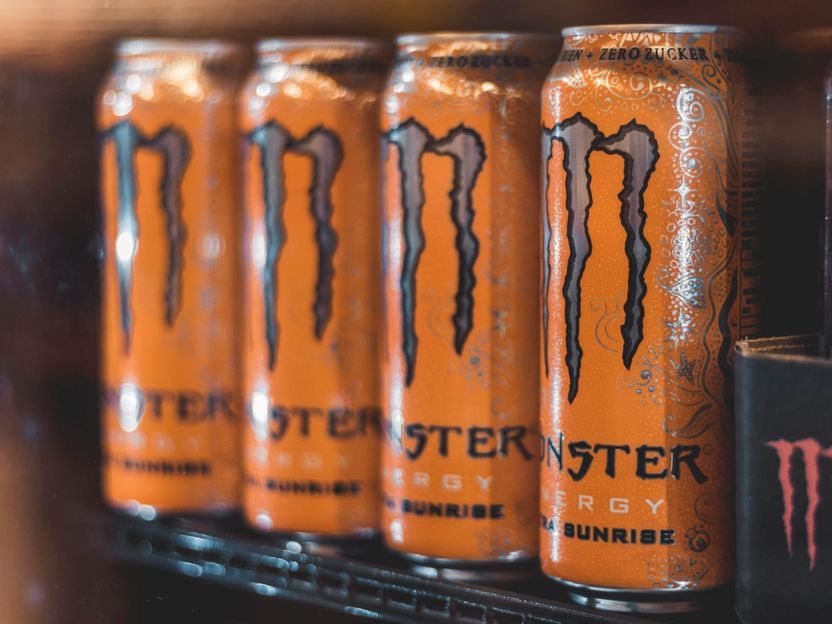
Monster Beverage Corporation to Acquire CANarchy Craft Brewery Collective - Transaction Provides Springboard for Monster to Enter Alcoholic Beverage Sector
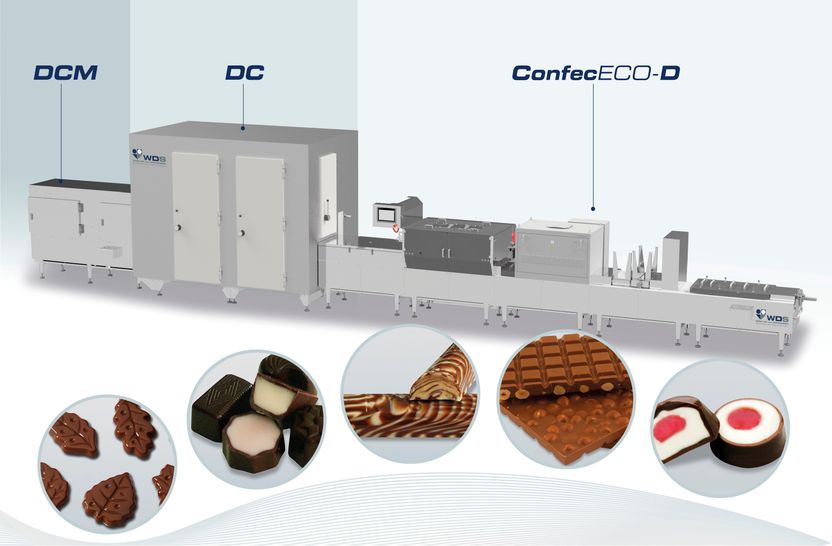
Winkler und Dünnebier Süßwarenmaschinen GmbH at ProSweets Cologne 2016
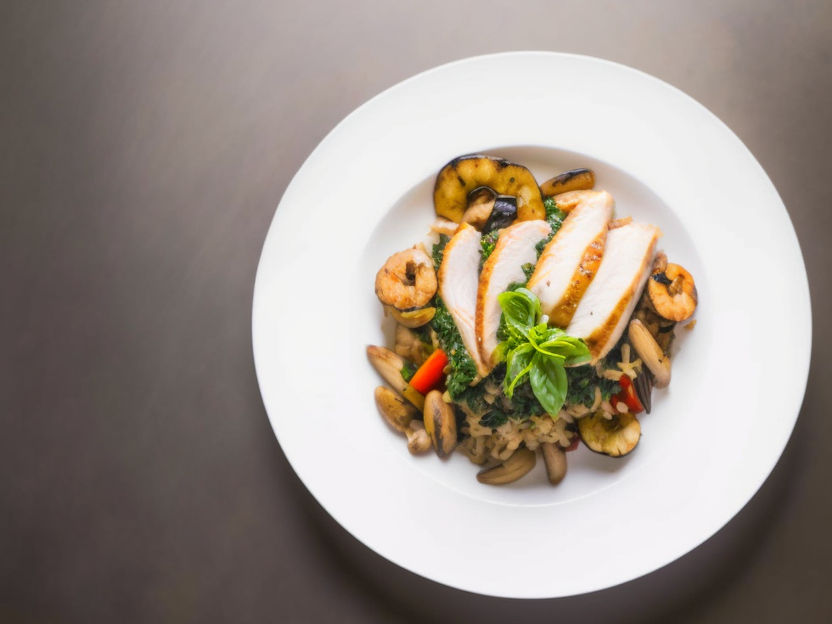
Study finds picky eaters are put off by food depending on plateware colour - Researchers examining the characteristics of picky eaters have found the colour of the bowl food is served in has an influence on taste
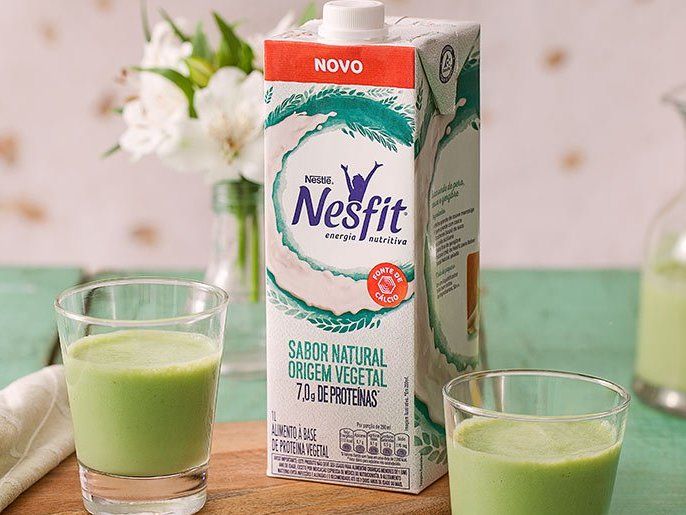
Nestlé continues to expand its portfolio of plant-based dairy alternatives - Plant-based products made from pea protein is a key focus area for Nestlé
